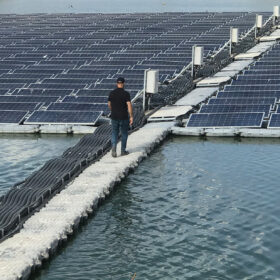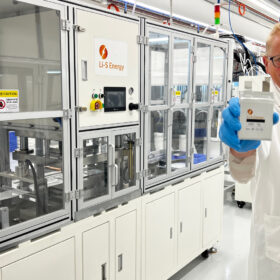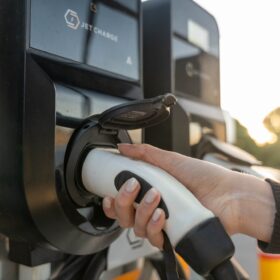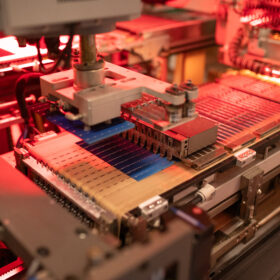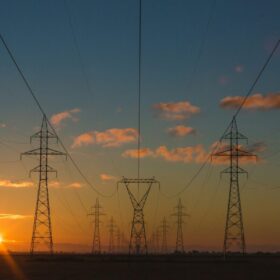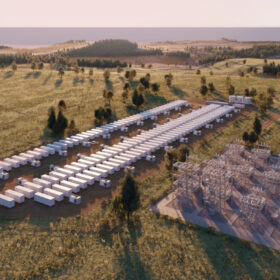NSW green bank backs energy projects with $1 billion purse
The New South Wales government’s new green bank is now open for business with an initial $1 billion In funding available to accelerate key energy projects to support the state’s shift from coal-fired power generation to renewables.
MoorPower takes next step on commercialisation journey
Australian wave power technology company Carnegie Clean Energy has secured new funding to advance the design of a commercial wave energy generation system for offshore applications, starting with the moored vessels used in the aquaculture sector.
Stanwell exits Gladstone green hydrogen project
Queensland’s largest green hydrogen project is on the scrap heap after state government-owned Stanwell Corporation announced its withdrawal from the international consortium developing the estimated $12.5 billion production plant and pipeline.
Project to test floating PV on farm dams to save water, generate electricity
The feasibility of deploying floating solar systems on farm-based water storages to optimise water retention and generate renewable energy that could serve as an alternative income stream for landholders will be investigated as part of an Australian-first research project.
Alinta gives construction go-ahead for 250 MW battery project in South Australia
Alinta Energy has locked in construction of the first 250 MW / 1,000 MWh stage of a 500 MW, four-hour battery energy storage system planned for South Australia and appointed local construction firm GenusPlus Group as principal contractor.
Australian battery maker targets military-related applications
Queensland battery technology developer Li-S Energy has signed a supply and testing agreement with an unnamed defence technology company, targeting integration of lithium-sulfur battery solutions into advanced military and security systems.
Ace Power’s 8 GWh battery project clears federal hurdle
A battery energy storage system of up to 1 GW and 8 GWh capacity has been given the green light for northern New South Wales after securing environmental approval from the federal government.
What does Australia’s new battery rebate mean for V2G technology?
In the recent Australian election, Prime Minister Anthony Albanese’s Labor Party returned to power with a key campaign promise for a national rebate on home battery systems. This is an important and necessary step in the country’s transition to a cleaner, smarter energy future, but for those of us working on vehicle-to-grid technology (V2G) like JET Charge, there’s a question that naturally follows: what does this mean for V2G uptake?
30 MW of home-grown Tindo solar panels to power major water project
Adelaide-based solar panel maker Tindo will supply 30 MW of its Australian-made solar panels to power Queenland’s large-scale, 182 kilometre underground Bowen Water Pipeline project.
Policy shifts needed to unlock existing transmission network capacity
Neara co-founder Jack Curtis says the opportunity to boost capacity of existing transmission networks is possible with smarter grid solutions and derisk reliance on new transmission projects facing potential delays.



